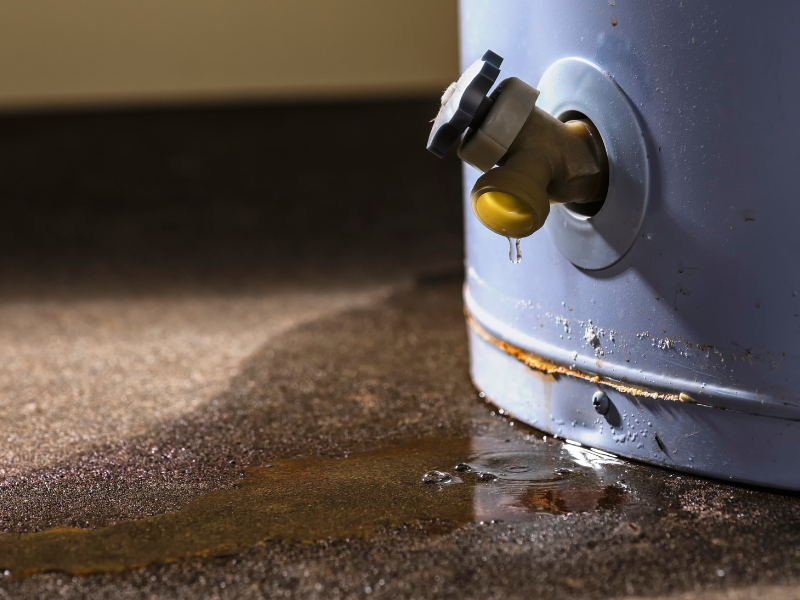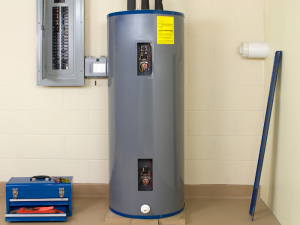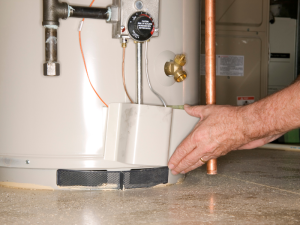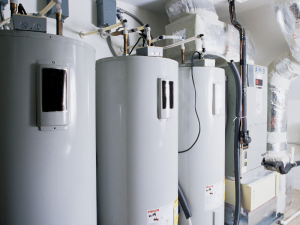Many buildings and homes all across the United States and North America often rely on boilers and water heaters for heating. Both are incredibly useful and efficient when well maintained, as they transport heat and water throughout the home. We use them almost daily as well, whether it’s for showering or simply just keeping warm.
However, if you aren’t well versed in the field of plumbing or even know some of the basics, you don’t know that there are differences between boiler vs water heater units.
The two machines are actually known to do separate functions, allowing a single home to have one of each if it has the right amount of space needed for both. Knowing the differences between the two can often greatly help homeowners, saving them money by allowing them to figure out what could have gone wrong when their boiler or water heater malfunctions.
To find out what the key differences are between water heater vs boiler units, be sure to continue reading.
If your own water heater or boiler is breaking down and you need it fixed, you can rely on the team of experts at Clover Contracting to help fix the issue.
What’s a Boiler?
If you’ve ever seen a boiler in different works of media, chances are that you already know one of the basic differences between a boiler vs water heater.
Boilers are often a large tank with a burner at the bottom of it. A series of small pipes run into the unit, carrying cold water into and through the boiler to be heated then distributed through the building. Depending on the model itself, the boiler is likely to have an exhaust built in, either to vent out extra hot air or to release the gas burner’s own exhaust.
Boilers are typically used for pushing steam though a building or home, and are often built to do just that. The burners at the bottom heat the water enough to turn it into steam, which requires far less energy to transport while still retaining the right amount of heat to warm rooms. Once the steam releases all its heat, it turns back into cool or cold water and gets reheated again.
How Do Boilers Work?
As part of a home’s heating and cooling systems, boilers heat up water and turn it into steam. That steam is then moved through the home before it cools down and needs to be reheated again, repeating the process as long as the building needs heating. As a result, most boilers are a part of a closed system, and don’t take in any extra water. This also means that boilers rely on a thermostat to tell the system when to start its burners.
What’s a Water Heater?
Water heaters are similar in some ways to boilers; though there are two different types of water heaters, tank and tankless, both systems run the same way. Cold water is brought into the system where burners heat the water before it’s sent out through the building. Tankless water heaters are most commonly used in homes but both types are also widely used in commercial buildings as well.
When it comes to comparing boilers vs hot water heater units, tank water heaters are the most similar. When the water is heated, it’s brought in closer to the burners where the water stays heated until it’s needed.
How Do Water Heaters Work?
Depending on whether the water heater is tankless or not, both types use similar methods to heat the water.
Both tank and tankless heaters can use gas burners or electric rods that are surrounded or under the pipes containing the water.
When it comes to tankless systems, the heating units inside the water heater only turn on when hot water is needed, turning right back off when you’re done. This is why tankless water heater systems are also often called on demand water heaters.
Tank water heaters, like boilers, are large containers filled with water that gets heated before getting transported out.
These heaters can often use pipes in much of the same way that the other systems do, however most of the time, they hold the water just close enough to the heating unit to get it heated. If the water isn’t used before the water cools down, the water heater simply turns on again and again until it’s used.
What’s the difference?
Compared to boilers, water heaters move water directly to the faucets around the house or building. When you turn on the kitchen sink to wash dishes with hot or warm water, you pull water directly from the water heater. The same happens with showers and bathtubs. Wherever you need hot water, the pipes and systems take the water from the water heater and deliver it to you.
As mentioned, boilers need to turn the water they take into steam before moving it through the home. Though this is likely to use more energy in heating the water enough, that bit of energy is then saved by the delivery process. Boilers are typically used for heating a home or commercial building, while water heaters are considered part of a plumbing system.
Boiler vs Hot Water Heater Units — Takeaway
Knowing the differences between a boiler vs water heater units can often save you and other homeowners a lot of money.
Due to their similar (yet different) uses and manufacturing, the signs can be quite clear when your boiler or water heater breaks or malfunctions. Boilers are typically part of a building’s heating system, meaning that if your home’s air isn’t warm enough, there may be an issue with your boiler.
On the other hand, water heaters are a part of your home’s plumbing systems. Signs that the machinery is broken or malfunctioning often show up in wet spots around the water heater or that the water from the faucets isn’t hot enough. Once you know which machine is which and can narrow down where you think the issue is coming from, call Clover Contracting for help.




